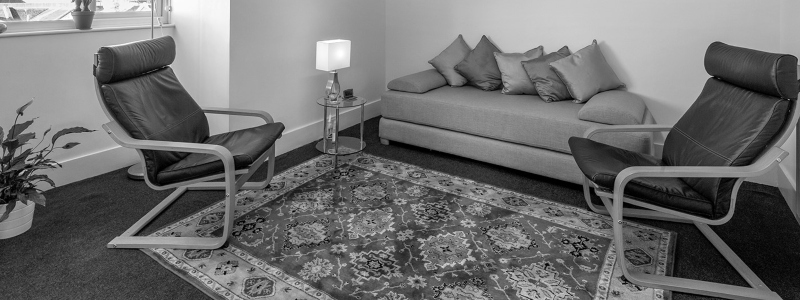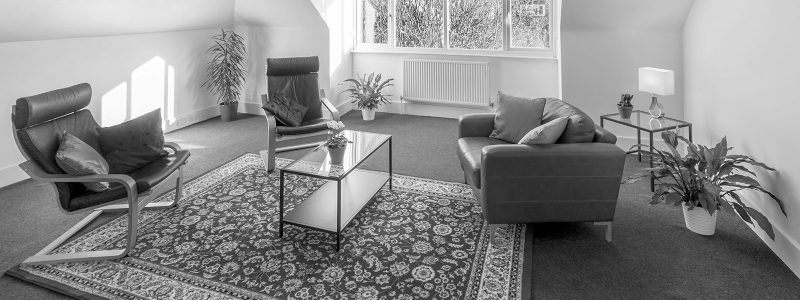Thanks to ever increasing demand for our services, we are now recruiting new associates to join our vibrant and busy practice.
Established in 2008, Brighton and Hove Psychotherapy is a practice offering high-quality face-to-face psychology and psychotherapy across the Brighton & Hove area, as well as online therapy to clients nationally.
We are interested in hearing from experienced Psychotherapists (UKCP or BPC registered) and Clinical Psychologists, who are looking to be part of a cohesive practice and who are hungry to grow their private practice as part of our brand.
We offer a broad range of psychological specialities to individuals, couples, families and groups, across all age groups from infant to adult. We are offering you the opportunity to take your private practice to the next level through our service and brand. With a full page profile on our website, referrals made through our administrative team, high-quality consulting rooms with online bookings as well as all the benefits of being a part of a clinical team with regular practice and reflective meetings, and cross-referrals.
If you are a clinician who has been practising for at least 5 years post-qualification and can work with a variety of client groups, we would like to hear from you.
For further information or an informal chat, please contact us.
For more information about Brighton and Hove Psychotherapy, visit our website:
www.brightonandhovepsychotherapy.com


 When you begin therapy you enter into a particular (perhaps peculiar) type of relationship, one with well-defined boundaries and ethics. Beyond its method and structure, at the very heart of this relationship lies empathy.
When you begin therapy you enter into a particular (perhaps peculiar) type of relationship, one with well-defined boundaries and ethics. Beyond its method and structure, at the very heart of this relationship lies empathy. Therapy is often called a ‘talking therapy’ but what is talking exactly?
Therapy is often called a ‘talking therapy’ but what is talking exactly?






